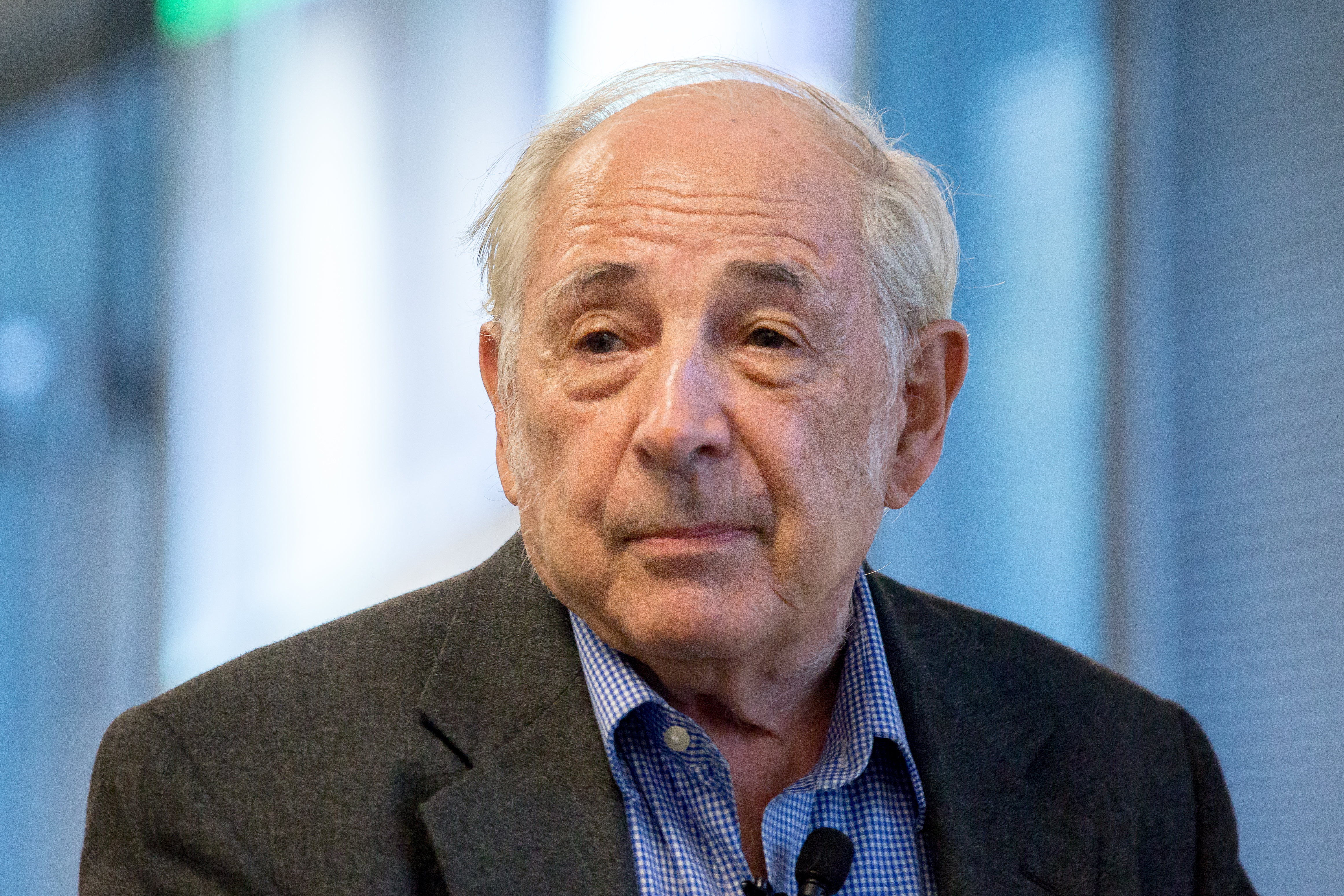“Non puoi pensare con chiarezza, se non riesci a parlare e scrivere in modo chiaro.”
You cannot think clearly if you cannot speak and write clearly.
The Storm Over the University
